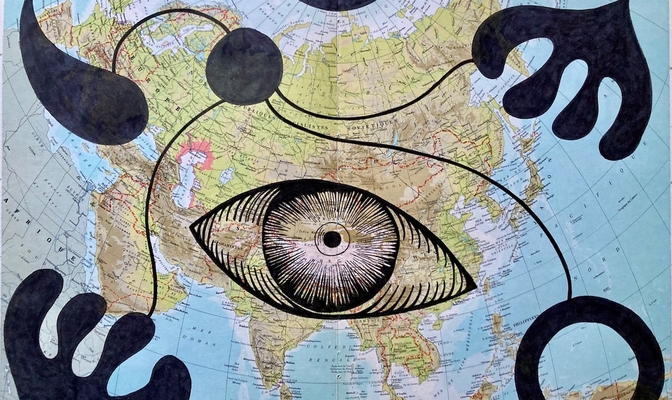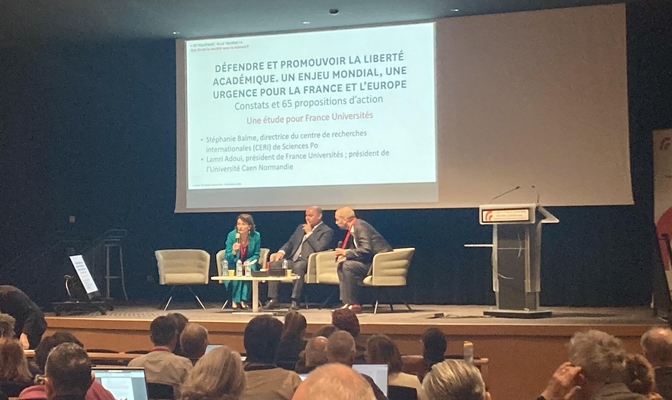Should (large) datasets be used to study and anticipate wars?
Interview with Louise Beaumais, Iris Lambert, and Frédéric Ramel

 Actualité Sciences Po
Actualité Sciences Po
Tags :
Global Challenges: Arts and the study of the International
Access the full issue!
A collaboration with the Graduate Institute Geneva

 Actualité Sciences Po
Actualité Sciences Po
Tags :
Visit our website!
Discover the other side of research

 Actualité Sciences Po
Actualité Sciences Po
Tags :
Academic freedom: how to defend ‘the very condition of a living democracy’ in France and worldwide
An article & report by Stéphanie Balme
The Conversation

 Actualité Sciences Po
Actualité Sciences Po
Tags :
Les yeux rivés sur la terre! Eyes fixed on Earth!
CERI Cinema Festival
6, 7, 8, 9 November

 Actualité Sciences Po
Actualité Sciences Po
Tags :










